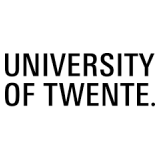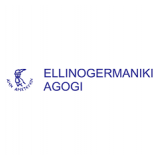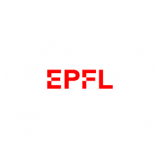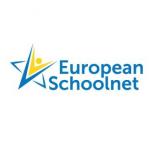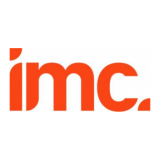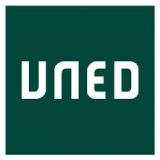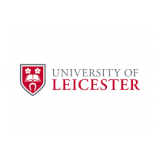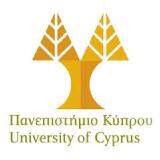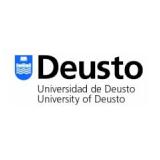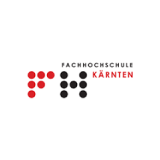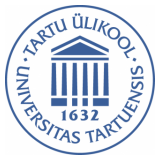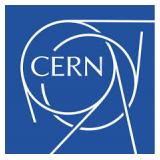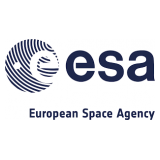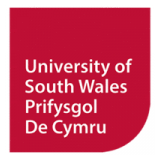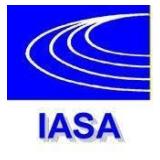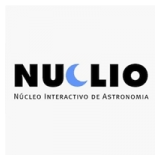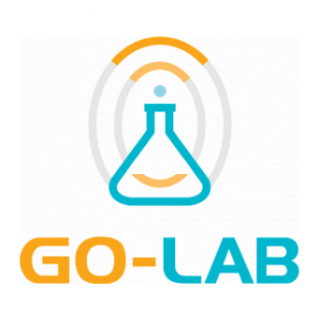The Go-Lab project (Global Online Science Labs for Inquiry Learning in Schools) enabled the large-scale use of online science laboratories (remote and virtual labs) for school education. The overall aim of the project was to encourage young people between the ages of 10 to 18 to engage in science topics, acquire scientific inquiry skills, and experience scientific thinking and processes by undertaking active guided experimentation.
To achieve this aim, Go-Lab created a portal, enabling science teachers to find online labs and inquiry learning applications appropriate for their class. Teachers could also combine these labs and apps in Inquiry Learning Spaces (ILSs) supporting particular lesson scenarios and share the ILSs with their students. Using the ILSs, the students performed personalized scientific experiments with online labs in a structured learning environment.
The Go-Lab project was active in 15 European countries. Over its duration of four years, Go-Lab conducted hundreds of dissemination and implementation events and trained over 1,600 teachers. By the end of Go-Lab, the ecosystem was used in a real classroom setting more than 700 times and more than 15,000 students could benefit from the use of online labs, inquiry apps, and ILSs. You can learn more about the project by visiting the Deliverables page.
The project was funded by the European Union's Seventh Framework Programme grant agreement No 317601, under the large-scale integrating project (IP), ICT for Learning and Access to Cultural Resources challenge. Go-Lab’s consortium was made up of 18 partners from across Europe, including universities, research institutes, technology institutes, and companies.
